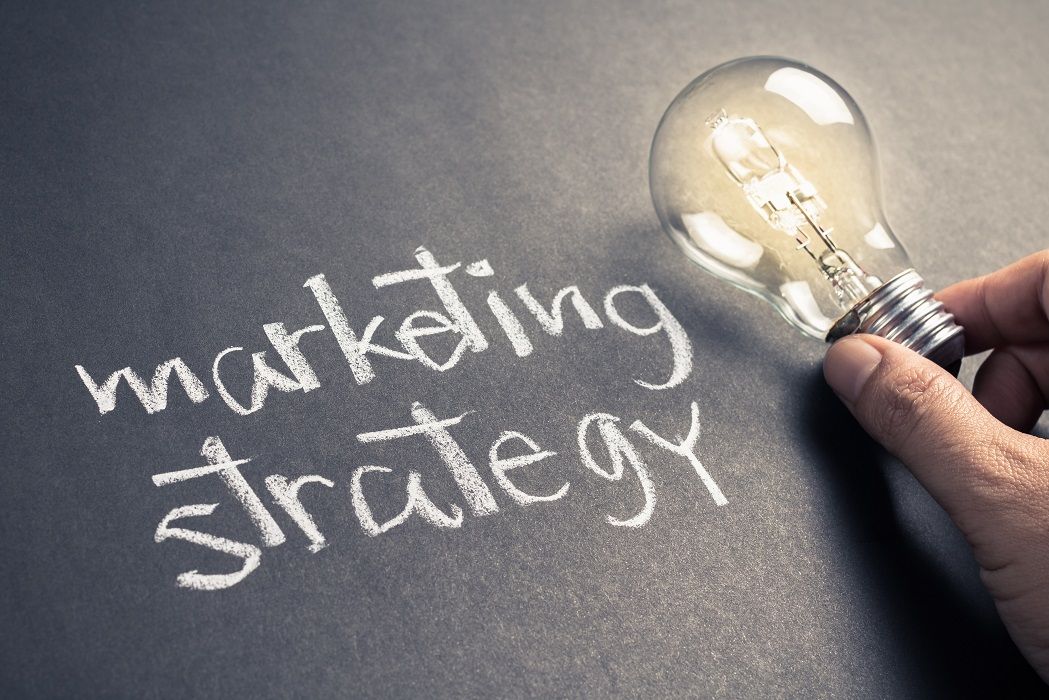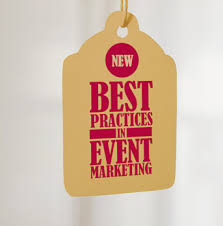Learning From Mistakes: Analyzing When Marketing Campaigns Go Wrong
Introduction
In the dynamic world of marketing, creating impactful campaigns that resonate with audiences and drive business growth is a constant challenge. However, not all marketing campaigns achieve the intended results. Some campaigns encounter unexpected hurdles that lead to negative outcomes and backlash. This article explores the instances when marketing campaigns go wrong, the lessons to be learned, and how companies can recover from such setbacks.

Understanding Failed Marketing Campaigns
Failed marketing campaigns can result from various factors:
- Misinterpretation: A campaign’s message might be misinterpreted, leading to confusion or offense among the audience.
- Insensitive Content: Content that is culturally insensitive, offensive, or touches on sensitive topics can spark outrage and backlash.
- Poor Timing: Launching a campaign during a crisis or sensitive moment can lead to negative associations and public criticism.
- Mismatched Values: When a campaign contradicts a company’s values or reputation, it can damage credibility and trust.
- Lack of Research:



